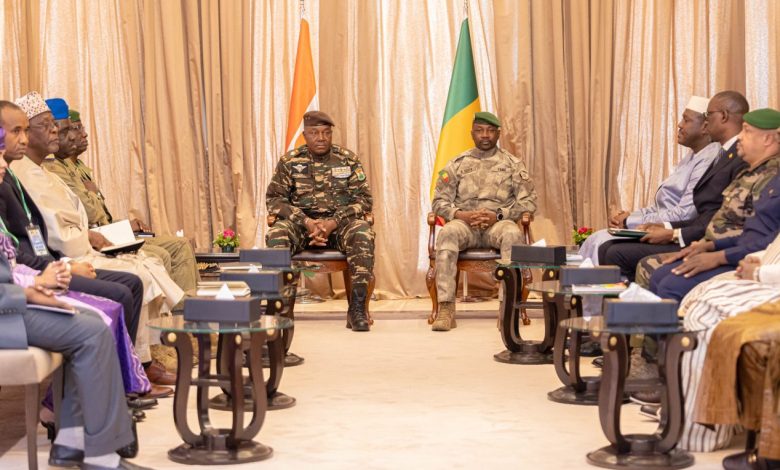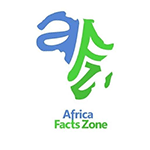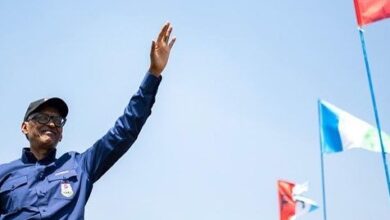Burkina Faso, Mali, and Niger Declare Withdrawal from ECOWAS

Burkina Faso, Mali, and Niger have collectively declared their withdrawal from the Economic Community of West African States (ECOWAS) after months of tension with the regional bloc.
The three countries, grappling with coups, accuse ECOWAS of insufficient support and imposing what they deem as “illegitimate, inhumane, and irresponsible” sanctions related to the coups.
This marks the first instance in the bloc’s nearly 50-year history where member nations are exiting in such a manner, posing an unprecedented challenge to the group and further jeopardizing regional stability.
ALSO READ: The African Union Officially Becomes a Member of G20
ECOWAS
ECOWAS, established in 1975, aims to promote cooperation, integration, and elevate living standards in West Africa.
It has evolved into the region’s primary political authority, addressing challenges spanning politics, economy, and security.
Amidst increased coups and security crises, the current leadership, spearheaded by Nigeria, emphasizes the crucial role of ECOWAS in maintaining regional stability.
However, discontent among West Africans is growing, with perceptions that ECOWAS fails to represent citizens’ interests, particularly in resource-rich countries where the populace does not benefit adequately.
The Withdrawal Process from ECOWAS
The withdrawal process from ECOWAS, as outlined in its treaty, requires member states to provide a one-year written notice to the leadership, after which the state ceases to be a member.
During this period, the departing state must observe treaty provisions and obligations.
Despite the announcement, ECOWAS has not received formal notification of the three countries’ decision, emphasizing that they remain important members for the time being.
Analysts anticipate continued dialogue between ECOWAS and the juntas, seeking stability in the region while the military leaders explore alternative partnerships.
The significance of this withdrawal is profound, reflecting a deterioration in relations between ECOWAS and the affected countries due to the bloc’s reliance on sanctions to address the coups.
The establishment of the Alliance of Sahel States by the juntas in November is viewed as an attempt to legitimize their military governments, enhance security collaboration, and reduce dependence on ECOWAS.
However, the unprecedented withdrawal represents a major change in the sub-region, challenging the foundational principles of collective security based on democracy, good governance, and the rule of law that ECOWAS has sought to uphold since its inception.
ALSO READ: Ethiopia Secures Path to Sea Access through Agreement with Somaliland
Ethiopia Secures Path to Sea Access through Agreement with Somaliland
Possible fallouts
ECOWAS, at the forefront of efforts to restore civilian rule in coup-affected nations, has imposed sanctions and rejected extended transitional timelines, seeking a swift return to democracy.
Concerns arise as there is limited evidence of the juntas’ commitment to organizing democratic elections within stipulated timeframes.
The recent announcement of non-allegiance to ECOWAS could potentially impede the restoration of democracy in the affected countries and serve as a catalyst for coups elsewhere.
The withdrawal from the ECOWAS bloc might enable the coup-hit countries to sidestep previous transitional timelines, initially designed to alleviate sanctions.
According to Ryan Cummings, director of Africa-focused security consulting company Signal Risk, this move opens the door for Russia to expand its influence in Africa.
Previously strained relations between the coup-affected nations and Western countries have pushed them towards Russia, which capitalizes on anti-French sentiment and positions itself as a non-colonizing nation in Africa.
The Russian mercenary group Wagner has been actively involved in Mali, collaborating with the army to combat armed rebels.
Burkina Faso recently reported the arrival of Russian soldiers, emphasizing the reinforcement of military and strategic cooperation.
High-level exchanges between Russian and Nigerien officials have also taken place.
Analysts, including Cummings, suggest that these nations have solidified partnerships with Russia in various domains, from national security to the economy.
The extent of support these countries might receive from Russia remains uncertain. Wagner’s presence in African countries has coincided with persistent security crises and allegations of human rights violations.
As the coup-hit nations pivot toward Russia, the geopolitical landscape in West Africa could undergo significant changes with potential ramifications for regional stability.





